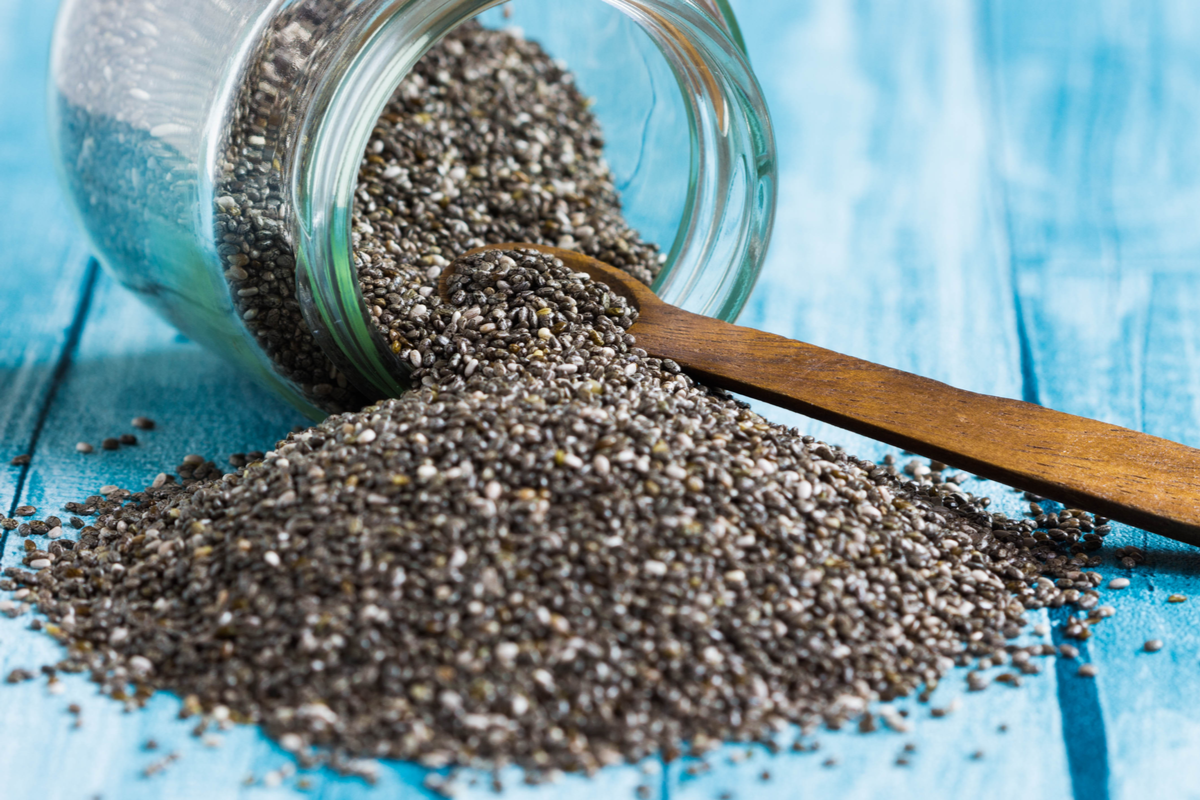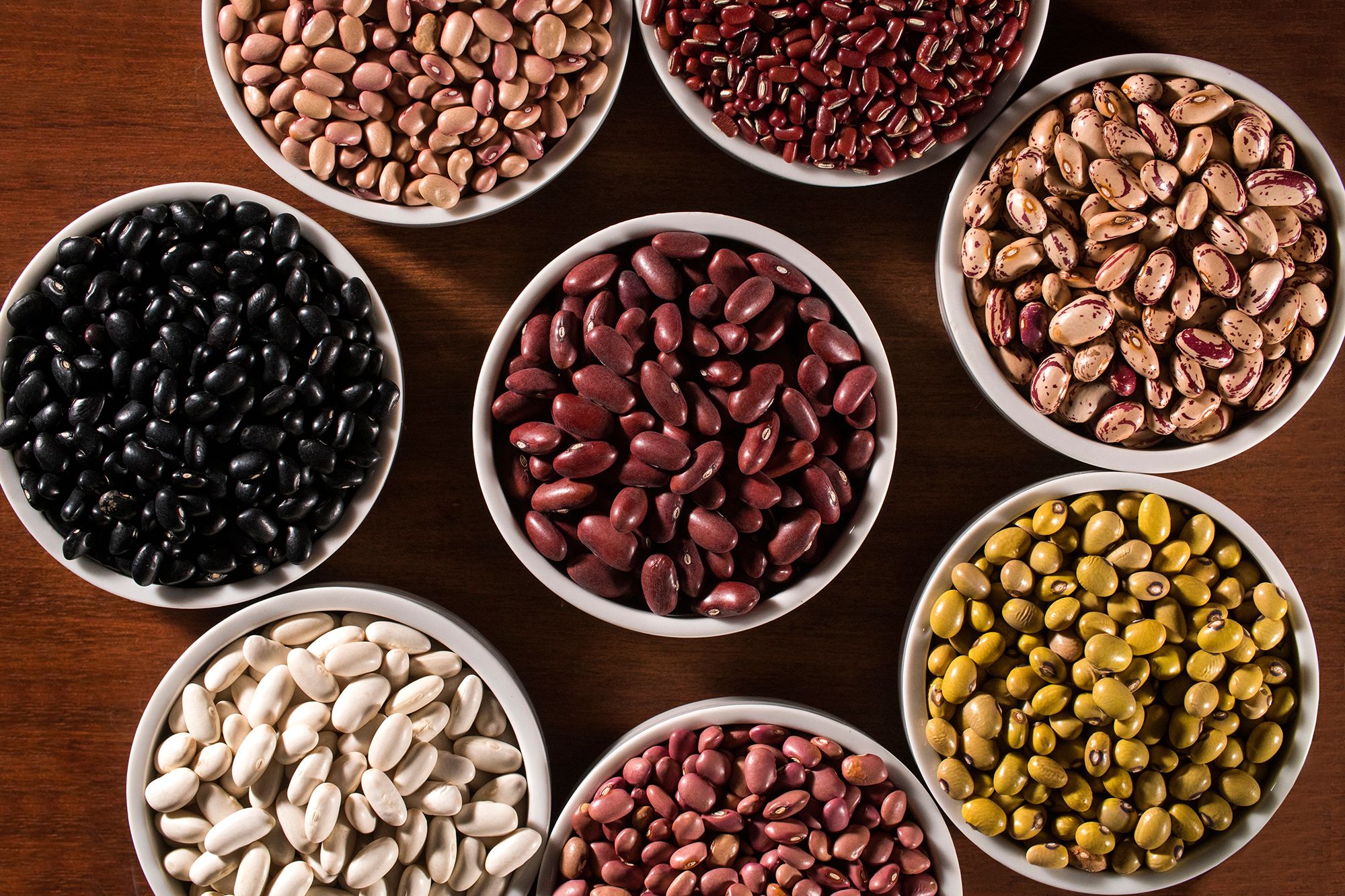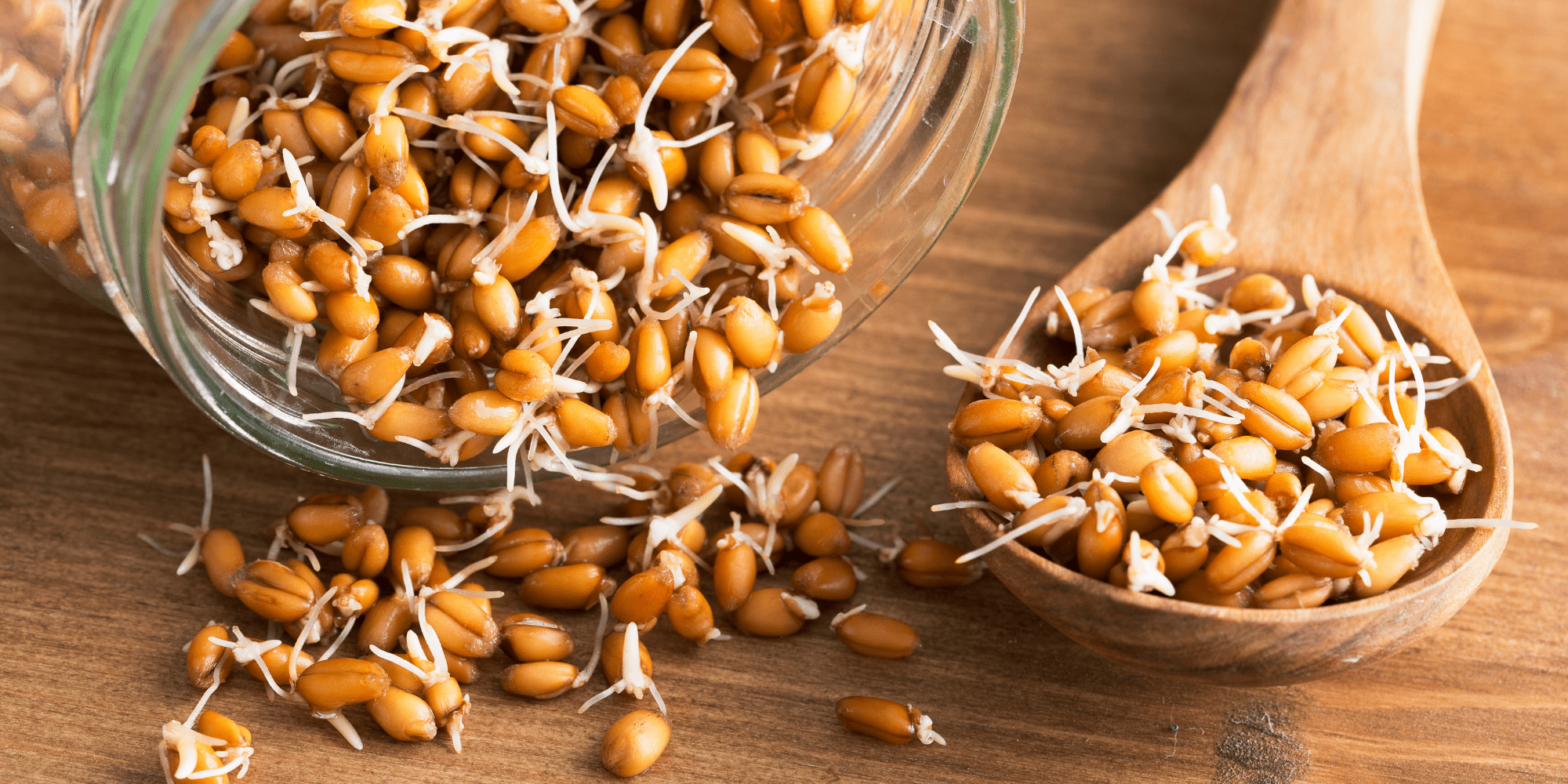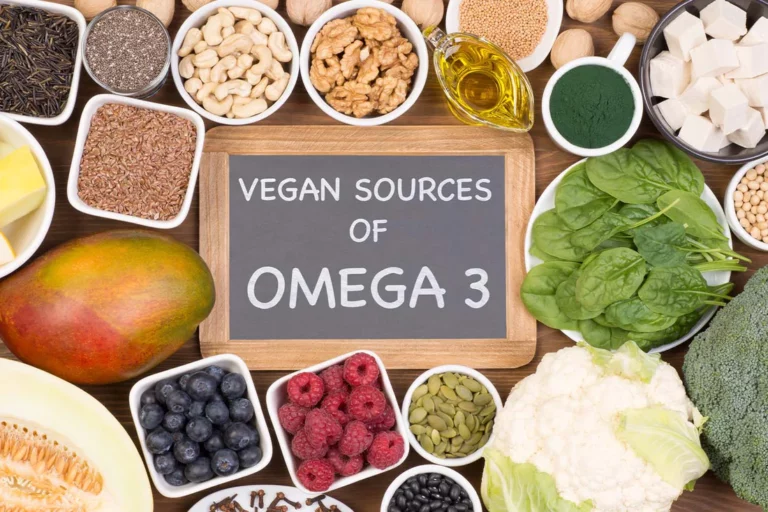Embracing a plant-based lifestyle has led to a surge in the demand for vegan-friendly nutrition supplements, particularly those rich in omega-3 fatty acids, an essential nutrient often overlooked in vegan diets. While traditionally associated with fish oil, numerous plant-based sources of omega-3s offer the same benefits without causing harm to animals. This article delves into vegan omega-3 supplements, exploring their diverse benefits, various types, and top-rated brands.
Importance of Omega-3 Fatty Acids
Omega-3 fatty acids are essential nutrients for maintaining overall health and well-being. These polyunsaturated fats are crucial for various bodily functions, and their importance cannot be overstated.
Key Benefits:
– Heart Health: Omega-3s reduce inflammation, lower triglycerides, and slow plaque buildup, minimizing the risk of cardiovascular disease.
– Brain Function: Omega-3s support cognitive health, memory, and focus and may alleviate symptoms of depression, anxiety, and ADHD.
– Joint Health: Omega-3s reduce inflammation, alleviating joint pain and symptoms of arthritis.
– Fetal Development: Omega-3s, particularly DHA, support fetal brain and eye development during pregnancy.
– Immune System: Omega-3s boost immune function, reducing the risk of infections.
Deficiency Risks:
– Increased risk of cardiovascular disease
– Poor brain function and cognitive decline
– Joint pain and inflammation
– Weakened immune system
– Poor fetal development during pregnancy
Recommended Daily Intake:
– EPA (Eicosapentaenoic acid): 250-500 mg
– DHA (Docosahexaenoic acid): 250-500 mg
– ALA (Alpha-linolenic acid): 1.1-1.6 grams
Consult a Healthcare Professional:
Before starting omega-3 supplements, consult with a healthcare professional, especially if you:
– Have a medical condition
– Take medications
– Are pregnant or breastfeeding
– Have allergies or sensitivities
You can support overall health and well-being by incorporating omega-3-rich foods and supplements into your diet.
Here are some vegan omega-3 supplements:
Hemp Seeds

Hemp seeds are a nutritional powerhouse, offering 10g of protein, 2g of fiber, and 800mg of omega-3s per tablespoon. Rich in essential fatty acids, vitamins, and minerals, hemp seeds support heart health, digestion, and immune function. Add them to smoothies, salads, or yogurt for a nutty flavor and crunchy texture.
Nutritional Profile:
– Protein: 10g per 1 tablespoon
– Fiber: 2g per 1 tablespoon
– Omega-3 fatty acids (ALA): 800mg per 1 tablespoon
– Omega-6 fatty acids (GLA): 1600mg per 1 tablespoon
– Vitamin E: 15% DV
– Magnesium: 10% DV
– Phosphorus: 10% DV
Health Benefits:
– Supports Heart Health: Omega-3s, omega-6s.
– May Improve Digestion: Fiber.
– Supports bone health: Magnesium and phosphorus.
– May Reduce Inflammation: GLA.
– Supports Immune System: Vitamin E.
Flaxseeds

Flaxseeds are a rich source of omega-3s, fiber, and protein. With 6.7g of ALA per tablespoon, flaxseeds support heart health and digestion. Mix ground flaxseeds into oatmeal, yogurt, or smoothies, or use them as an egg substitute in baking. Their nutty flavor and crunchy texture make them a versatile addition to any meal.
Nutritional Profile:
– Protein: 5g per 1 tablespoon
– Fiber: 3g per 1 tablespoon
– Omega-3 fatty acids (ALA): 6.7g per 1 tablespoon
– Vitamin B1 (Thiamin): 10% DV
– Magnesium: 10% DV
– Phosphorus: 10% DV
Health Benefits:
– Supports Heart Health: ALA reduces inflammation and improves blood lipid profiles.
– Promotes Digestive Health: Fiber content regulates bowel movements.
– May Reduce Cancer Risk: Antioxidants and lignans have anti-cancer properties.
– Supports bone health: It is rich in magnesium and phosphorus.
– May Improve Blood Sugar Control: Fiber slows glucose absorption.
Chia Seeds

Chia seeds are an ancient superfood rich in omega-3s, fiber, and protein. With 4915mg of ALA per ounce, they support heart health, digestion, and satiety. Mix chia seeds with water to create a gel-like texture, perfect for puddings, smoothies, or as an egg substitute.
Nutritional Profile:
– Protein: 4-5g per 1 ounce
– Fiber: 10-12g per 1 ounce
– Omega-3 fatty acids (ALA): 4915mg per 1 ounce
– Calcium: 6-8% DV
– Magnesium: 30-40% DV
– Potassium: 10-15% DV
Health Benefits:
– Supports Heart Health: ALA reduces inflammation and improves blood lipid profiles.
– Promotes Digestive Health: High fiber content regulates bowel movements.
– May Help Lower Cholesterol: Soluble fiber binds to bile acids.
– Supports bone health: It is rich in calcium and magnesium.
– May Improve Blood Sugar Control: Fiber slows glucose absorption.
Seaweed

Seaweed is a nutrient-dense food, rich in omega-3s, iodine, and vitamins. With kelp, wakame, and nori varieties, seaweed supports thyroid health, heart health, and immune function. Add seaweed to sushi rolls, salads, or soups for an umami flavor.
Nutritional Profile:
– Vitamin A: 10-20% DV
– Vitamin B12: 10-20% DV
– Iodine: 50-100% DV
– Iron: 10-20% DV
– Calcium: 5-10% DV
– Omega-3 fatty acids (EPA, DHA): varies by type
Health Benefits:
– Supports Thyroid Health: Iodine.
– May Reduce Cancer Risk: Antioxidants, phytochemicals.
– Supports Heart Health: Omega-3s, fiber.
– May Improve Digestion: Fiber, prebiotics.
– Supports the immune system with vitamins B12 and iron.
Edamame
:max_bytes(150000):strip_icc()/1-mixa-edamame-56a9bf613df78cf772aa2ced.jpg)
Edamame is a young soybean rich in protein, fiber, and omega-3s. It contains 17g of protein per cup and supports heart health, digestion, and muscle growth. You can steam or boil edamame for a tasty snack or add it to stir-fries and salads.
Nutritional Profile:
– Protein: 17g per 1 cup cooked
– Fiber: 8g per 1 cup cooked
– Vitamin K: 50% DV
– Folate: 30% DV
– Manganese: 30% DV
– Omega-3 fatty acids (ALA): 0.5g per 1 cup cooked
Health Benefits:
– Supports Heart Health: Provides protein, fiber, and potassium.
– May Reduce Cancer Risk: Contains isoflavones.
– Supports Bone Health: Contains calcium and vitamin K.
– May Improve Cognitive Function: Contains folate.
– High in Antioxidants.
Beans

Beans are versatile, nutrient-rich foods rich in protein, fiber, and omega-3s. Varieties like kidney beans, black beans, and chickpeas support heart health, digestion, and weight management. You can add beans to soups, stews, and salads or use them in vegan burgers.
Nutritional Profile:
– Fiber: 9-11g per 1 cup cooked
– Folate: 30-40% DV
– Iron: 20-30% DV
– Potassium: 20-30% DV
– Zinc: 10-20% DV
Health Benefits:
– Heart Health: Helps lower cholesterol and blood pressure.
– Digestive Health: High fiber content aids in digestion.
– Weight Management: Protein and fiber support satiety.
– Blood Sugar Control: Slows glucose absorption.
– Cancer Prevention: Contains antioxidants and phytochemicals.
Walnuts

Walnuts are a crunchy, nutritious snack rich in omega-3s, protein, and fiber. They contain 2542mg of ALA per ounce and support heart health, cognitive function, and weight management. You can enjoy walnuts as a snack, add them to salads, or bake them.
Nutritional Profile:
– Protein: 4.3g per 1 ounce
– Fiber: 1.9g per 1 ounce
– Omega-3 fatty acids (ALA): 2542mg per 1 ounce
– Vitamin E: 18% DV
– Magnesium: 11% DV
– Phosphorus: 10% DV
Health Benefits:
– Supports Heart Health: ALA reduces inflammation and improves blood lipid profiles.
– May Improve Cognitive Function: Contains antioxidants and omega-3s that support brain health.
– May Reduce Cancer Risk: Contains antioxidants and phytochemicals with anti-cancer properties.
– Supports bone health: It is rich in magnesium and phosphorus.
– May Improve Sleep Quality: Melatonin content regulates the sleep-wake cycle.
Wheat Germ

Wheat germ is the nutrient-rich sprouting part of the wheat grain. It is rich in vitamin E, omega-3s, and fiber, supporting heart, digestive, and energy production. For a nutritional boost, you can add wheat germ to oatmeal, yogurt, or smoothies. With its nutty flavor and crunchy texture, wheat germ is a versatile ingredient for baked goods, salads, and granola.
Nutritional Profile:
– Protein: 25-30%
– Fiber: 10-15%
– Vitamin E: 100% DV
– Vitamin B1 (Thiamin): 50% DV
– Magnesium: 40% DV
– Phosphorus: 30% DV
– Omega-3 fatty acids (ALA): 1-2g per ounce
Benefits:
– Supports Heart Health: Vitamin E, omega-3s.
– Antioxidant Properties: Vitamin E, antioxidants.
– Digestive Health: Fiber.
– Energy Boost: Vitamin B1, magnesium.
– Supports Immune System: Antioxidants.
Perilla Oil

Perilla oil is a plant-based oil extracted from perilla seeds, rich in omega-3s and antioxidants. With its anti-inflammatory properties, perilla oil supports heart health, skin health, and brain function. You can use perilla oil in stir-fries, salads, and dressings or take it as a supplement. Its mild, nutty flavor makes it a versatile cooking oil.
Nutritional Profile:
– Omega-3 fatty acids (ALA): 50-60%
– Omega-6 fatty acids (LA): 10-20%
– Omega-9 fatty acids (Oleic acid): 10-20%
– Vitamin E: 10-20% DV
– Antioxidants: Various phytochemicals
Benefits:
– Supports Heart Health: ALA reduces inflammation and improves blood lipid profiles.
– Anti-Inflammatory: ALA and antioxidants reduce inflammation.
– Skin Health: Omega-3s and vitamin E support skin health.
– Brain Function: ALA supports cognitive health.
– Immune System: Antioxidants and omega-3s support immune function.
Algal Oil

Algal oil is a sustainable, plant-based oil rich in omega-3s (EPA & DHA). Derived from algae, it supports heart health, brain function, and joint health. With its neutral flavor, algal oil is perfect for smoothies, salads, or supplements. As a vegan alternative to fish oil, it promotes overall well-being without harming the environment.
Nutritional Profile:
– Omega-3 fatty acids (EPA & DHA): 500-1000mg per serving
– Vitamin D: 10-20% DV
– Vitamin E: 10-20% DV
– Antioxidants: Various phytochemicals
Benefits:
– Supports Heart Health: Reduces inflammation and improves blood lipid profiles.
– Brain Function: Supports cognitive health and memory.
– Joint Health: Reduces inflammation and improves mobility.
– Eye Health: Supports vision and reduces age-related macular degeneration.
– Fetal Development: Supports brain and eye development during pregnancy.
Conclusion
Discover the best vegan omega-3 supplements, expertly crafted from algae, flaxseed, and chia seeds. Incorporating vegan omega-3 supplements into your daily regimen can profoundly impact your health and well-being. With a wide array of plant-based options available, it’s now easier to promote heart health, support optimal brain function, and maintain joint mobility—all while remaining aligned with your values. When selecting a supplement, it’s crucial to consider factors such as source, potency, and third-party certifications to ensure that you’re choosing a high-quality product. It’s always advisable to consult with a healthcare professional before integrating any new supplement into your routine. By prioritizing your health and the environment, you’ll be well on your way to thriving within a plant-based lifestyle.

